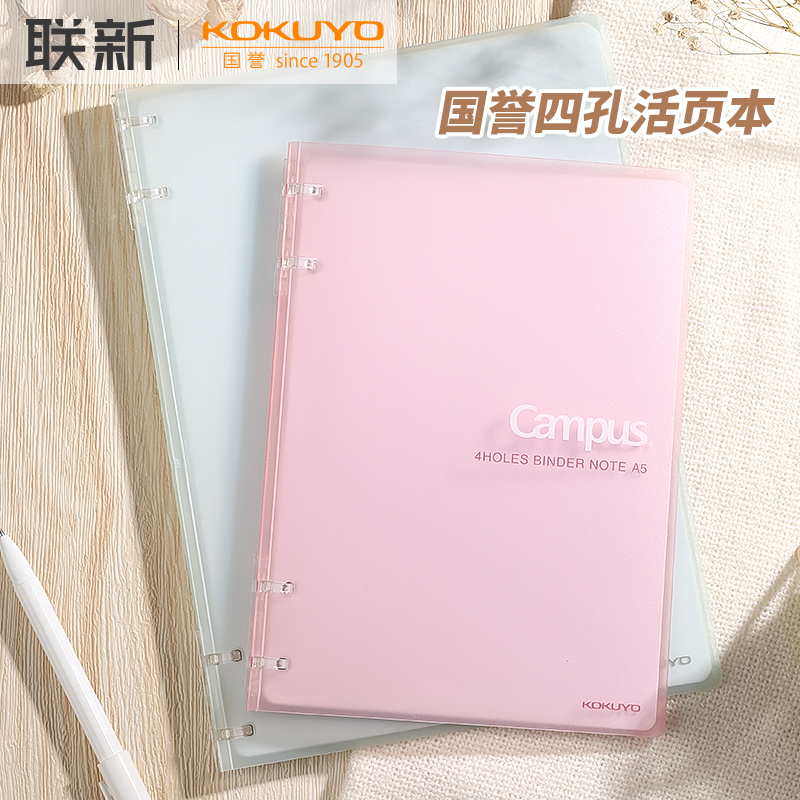个人记事本管理秘籍,打造高效工作与学习生活
蜀犬吠日
2024-10-15 17:48:53
0次
个人记事本管理秘籍:打造高效工作与学习生活
一、引言
在快节奏的现代生活中,个人记事本成为了我们日常生活和工作的重要工具。无论是工作安排、学习计划还是日常琐事,一个高效且有序的记事本管理系统都能帮助我们更好地组织生活,提高工作效率和学习效果。本文将分享一些个人记事本管理的秘籍,帮助你打造高效的工作与学习生活。
二、记事本管理秘籍
1. 分类管理
将记事本内容按照不同的类别进行分类,如工作、学习、生活等。每个类别下可以再细分具体的项目,如工作类别下可以细分为会议、任务、项目等。这样可以帮助你快速找到需要的信息,提高效率。
2. 设定优先级
为每个记事本条目设定优先级,如高、中、低。这样你可以清楚地知道哪些事情是紧急且重要的,需要优先处理。这有助于你更好地安排时间,提高工作效率。
3. 定期整理
定期整理记事本,删除已完成的条目,移动或合并重复的条目。这样可以让你的记事本保持清晰,避免混乱。建议每周六下午留出一个小时进行整理。
4. 使用标签
使用标签对记事本条目进行标记,如地点、人物、颜色等。这样可以帮助你更快地找到相关内容,提高查找效率。
5. 数字化管理
利用电子记事本、日历等数字化工具进行管理。这些工具通常具有搜索、提醒、共享等功能,可以帮助你更好地管理记事本内容。
三、如何将记事本管理应用于工作与学习生活
1. 工作生活
(1)将工作任务、会议、项目等分类管理,设定优先级,确保重要事项得到及时处理。
(2)利用电子记事本的提醒功能,设置会议、任务的提醒,避免遗漏。
(3)将工作中的重要电话、联系人等信息记录在记事本中,方便快速查找。
2. 学习生活
(1)将学习计划、考试、任务等分类管理,设定优先级,合理安排学习时间。
(2)利用标签功能,对学习资料进行分类,方便查找。
(3)将学习中的重点、难点记录在记事本中,随时复习。
四、英文翻译
Personal Notebook Management Secrets: Building Efficient Work and Study Life
Introduction: In the fast-paced modern life, personal notebooks have become an important tool for our daily life and work. Whether it's work arrangements, study plans, or daily chores, an efficient and organized notebook management system can help us better organize our lives and improve work efficiency and learning efficiency. This article will share some secrets of personal notebook management to help you build an efficient work and study life.
Notebook Management Secrets: 1. Classification Management: Classify the contents of the notebook according to different categories, such as work, study, life, etc. Each category can be further divided into specific items, such as meetings, tasks, projects under the work category. This can help you quickly find the information you need and improve efficiency. 2. Set Priorities: Set priorities for each notebook entry, such as high, medium, and low. This allows you to clearly see which tasks are urgent and important and need to be prioritized. This helps you better arrange your time and improve work efficiency. 3. Regular Organization: Regularly organize the notebook, delete completed entries, and move or merge duplicate entries. This can keep your notebook clear and avoid confusion. It is recommended to set aside an hour every Saturday afternoon for organization. 4. Use Labels: Use labels to mark notebook entries with information such as location, people, colors, etc. This can help you find relevant content faster and improve search efficiency. 5. Digital Management: Use digital tools such as electronic notebooks and calendars for management. These tools usually have functions such as search, reminders, sharing, etc., which can help you better manage notebook content. How to Apply Notebook Management to Work and Study Life: 1. Work Life: (1) Classify and manage work tasks, meetings, projects, etc., set priorities to ensure that important matters are handled promptly. (2) Use the reminder function of electronic notebooks to set reminders for meetings and tasks to avoid missing them. (3) Record important phone numbers and contacts in your notebook for easy access. 2. Study Life: (1) Classify and manage study plans, exams, tasks, etc., set priorities to arrange study time reasonably. (2) Use labeling functions to classify study materials for easy access. (3) Record key points and difficulties in your notebook for review at any time.相关内容
热门资讯
纸质与电子记事本:哪一种更适合...
纸质与电子记事本各有优势,传统手写适合追求触感与手写体验的人,电子记事本则便捷保存与整理,并具备多种...
传统与现代的结合:记事本使用指...
摘要:本文介绍传统与现代记事本使用方式,包括购买、记录、整理等技巧,强调定期清理、合理规划及保护隐私...
你的私人管家:记事本应用评测
记事本应用评测:多款应用各有特色,包括XX记事本、XX日历记事和XX语音记事本等。选择应基于个人需求...
智能记事本:科技助力,高效管理...
智能记事本融合先进科技,助用户高效管理时间和事务。其功能包括语音转录、日程管理、分类标签、提醒及跨平...
传统与现代:记事本的发展历程
记事本从传统纸质到现代电子、智能记事本,经历了不断变革。传统记事本便捷易携带,现代电子记事本可编辑、...
每日记事本:我的日常管理秘籍
每日记事本是我日常管理秘籍,助我规划任务、分类管理、反思调整并与他人沟通。它帮助我高效完成工作,节省...
回顾历史,探究记事本的文化变迁
记事本作为记录工具,历经文化变迁。从手写到电子化,记事本不仅实用,还承载文化与情感。现代记事本集记录...
记事本:从传统到现代的演变
记事本经历从纸质到数字化演变,现代记事本智能化、多样化,支持共享协作和环保理念。未来记事本将不断创新...
从纸质到电子:记事本的前世今生
记事本从纸质到电子,见证了人类文明与科技的进步。纸质记事本便携易用,电子记事本更便捷、智能。未来,电...
生活中的小确幸:记事本的多种用...
记事本不仅用于记录,还具有多种用途,如绘图、手工制作、书写心情日记和作为礼物赠送等。这些用途让记事本...



